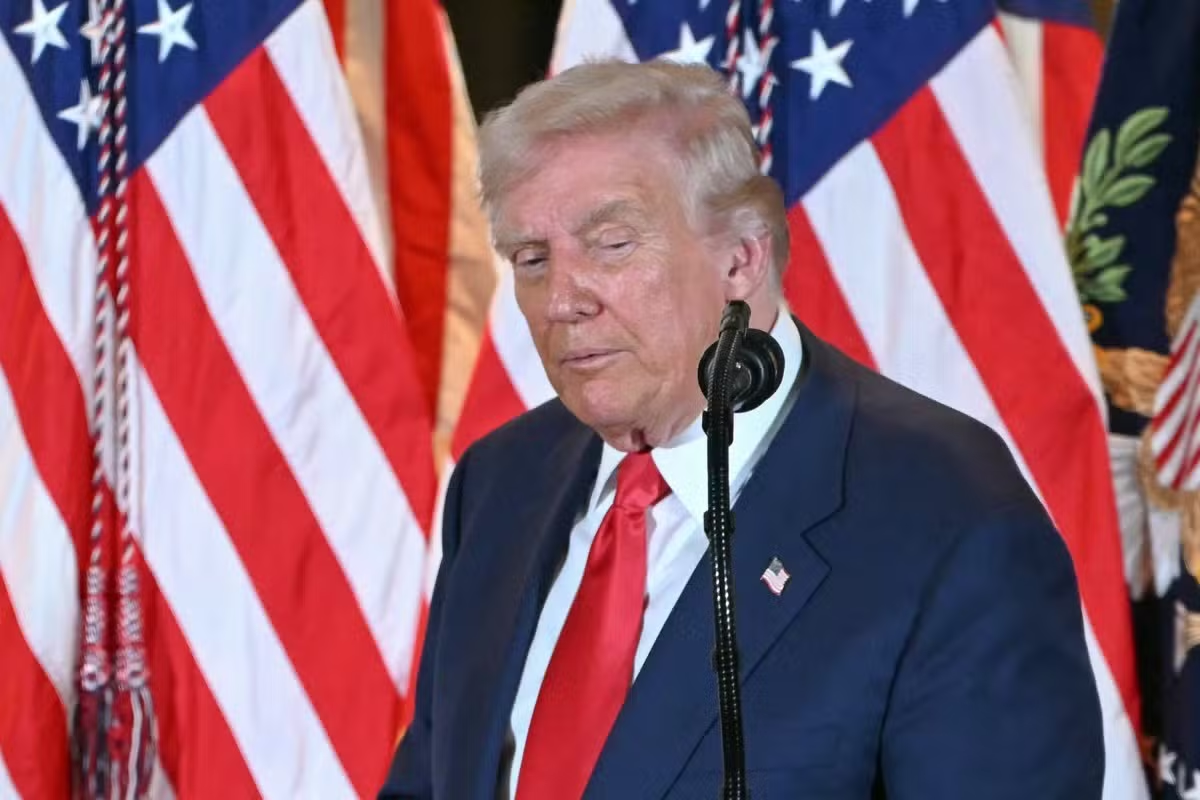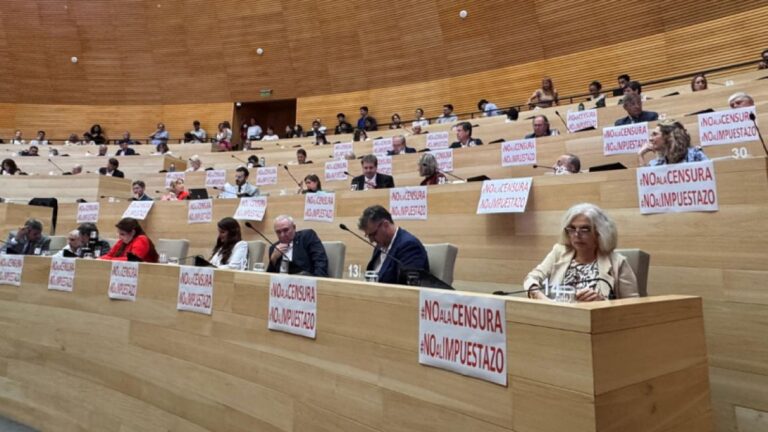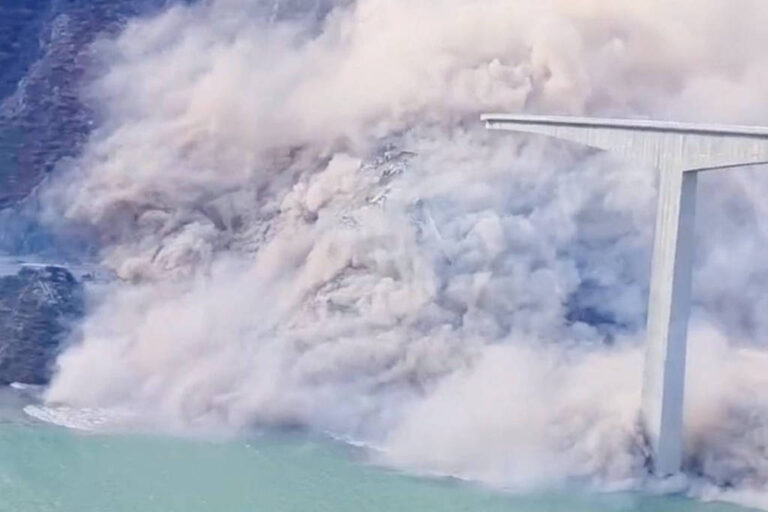
In an interview with American television network FOX News, US President Donald Trump suggested that the government should lower coffee import duties as a way to make coffee products cheaper for Americans.
Since imposing a 50% tax on Brazilian products such as coffee, the products have become more expensive for Americans, putting inflationary pressure on the United States. Brazil is the largest producer and exporter of grain and is responsible for supplying a large portion of the American market.
In a video interview posted this evening on the Fox News website, he suggested that “some tariffs” on the product should be lowered, which could mean putting it on the already long list of exceptions to tariffs on Brazil.
Asked about the impact of his tariff policies on the prices of products for Americans, President Trump acknowledged individual issues and singled out another overtaxed Brazilian product: meat. But he said the U.S. economy is stronger than ever and inflation problems are minimal.
“We’re doing phenomenally well. This is the best economy we’ve ever had,” Trump said, acknowledging there were some “one-time” problems.
— The only thing (the only problem) is the meat. Meat is a little more expensive because (American) ranchers are doing well.
The interviewer interrupts him and says that coffee is also expensive in America. Trump then responds:
— Coffee, we’re going to cut some tariffs, and coffee is coming, too, the US president said, adding that he intended to make “fundamental” changes to tariffs and that prices in the US were trending down.
Prices rose more than 20% for Americans
U.S. coffee prices have soared since President Trump imposed a politically motivated 40% tariff on Brazilian products in August, on top of the 10% “reciprocal” tariff he enacted in March. In the United States, the world’s largest coffee market, sales increased by 21% from August 2024 to August 2025. Thirty percent of the green beans consumed in the United States come from Brazil.
Businesspeople estimate that consumer prices at coffee shops in New York City have increased by up to 55%. According to the Brazilian Coffee Export Council (Cecafé), shipments to the United States in September were down nearly 53% from a year earlier.
U.S. importers are turning to other producing countries, including Colombia, Mexico, Peru and Ethiopia. However, Brazil is the largest producer and these countries cannot supply everything. The imbalance in coffee demand in the American economy causes prices to rise.
The interview wasn’t the first time President Trump has suggested he might lower coffee tariffs in exchange for suspending all tariffs on Brazil.
He recently added the product to a list of items that U.S. farmers don’t grow in sufficient quantities, making it exempt from tariffs along with tea and cocoa, which were exempt regardless of country of origin. In Congress, Republican and Democratic lawmakers have jointly proposed legislation aimed at protecting coffee products.
In late October, even before President Trump and President Lula met in Malaysia to begin trade negotiations, Brazil’s Vice President Gerardo Alcumin told businessmen and representatives of coffee industry associations that Brazilian coffee, currently affected by a 50% tariff, was on Brazil’s priority list.
In Malaysia, Lula called on President Trump to immediately suspend tariffs, while Brazil’s Plan B in Itamaraty would expand the list of tariff-exempt items, starting with products that Donald Trump himself has already included among those eligible for possible exceptions because of “unavailability of natural resources” in the United States.
On September 5, the US president updated prices and included a 109-page appendix listing products that may be exempt from tariffs because they are not locally available.
Coffee, iron, steel and beef are the main items on Brazil’s list of exports to the US and continue to be affected by tariffs.



